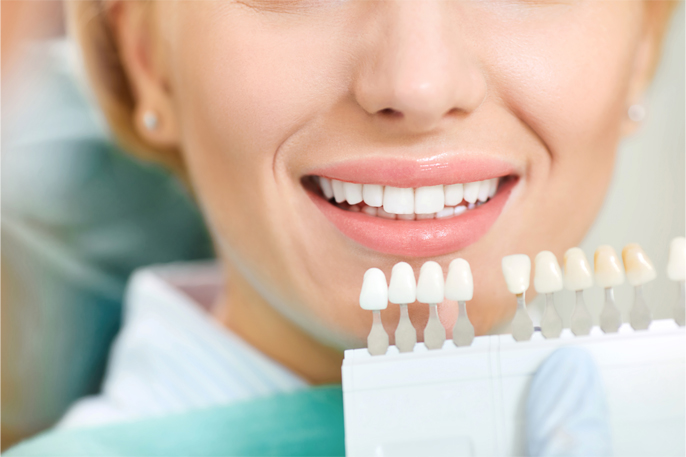Routine flossing helps to ensure that the granules of residual food left after meals are removed to prevent cavities. When traces of food remain tucked away between our teeth, it becomes a source of food for corrosive sugars to feed on; over time, this becomes the source of pockets in the teeth for bacteria to settle and the problem to compound.
Here are three ways you can make the habit of flossing a routine addition to your care routine.
1. Set a reminder
If it’s not currently part of your routine, or you have so much going on it’s hard to remember, setting a reminder on your phone or a notecard by your sink may help you begin to incorporate this practice until its second nature. If the technique of flossing is something you struggle with, employ this practice as a means to check-in with helpful guides that walk you through the proper steps until you get the hang of it.
2. Find floss you enjoy
The tried-and-true thin waxed threads may irritate your gums, so trying a plush thread may alleviate your disregard. Waxed, non-waxed, plush, disposable picks, threaders and water flossers are all available options. If one type of floss doesn’t make you want to floss, it’s less likely you will do it. It’s important to find a way to floss that suits your tastes. If the notion of putting thread between your teeth is off-putting, a water flosser that shoots a stream of high pressure water may do the trick.
3. Reward yourself
It takes about 21 days to form a habit, so whatever you do to encourage yourself to keep practicing for at least that long, will go a long way towards a lifetime of proper oral care. Marking off days on a calendar, watching an episode of your favorite show or brewing a cup of your favorite tea are all great ways to reward yourself for remembering to floss. As you go along, allow yourself a special treat once a week, every two weeks or once a month to reinforce the good hygiene habit you are forming.
To schedule an appointment or learn more about the beautiful smiles Dr. Sukari McMiller has created visit us online today at www.dreamworksdentalcare.com.
Dr. Sukari McMiller proudly serves patients from Fayetteville and all surrounding areas.





